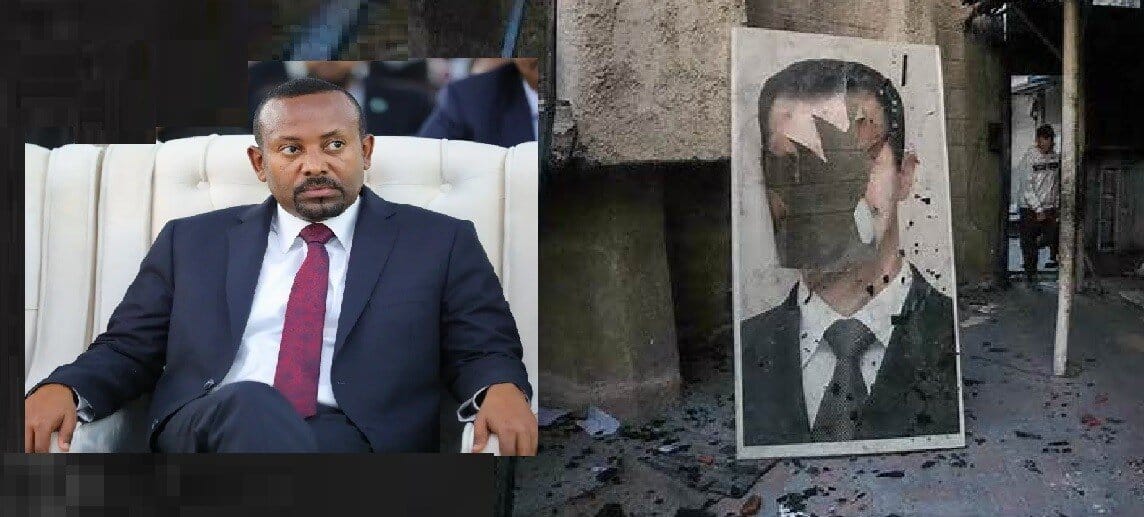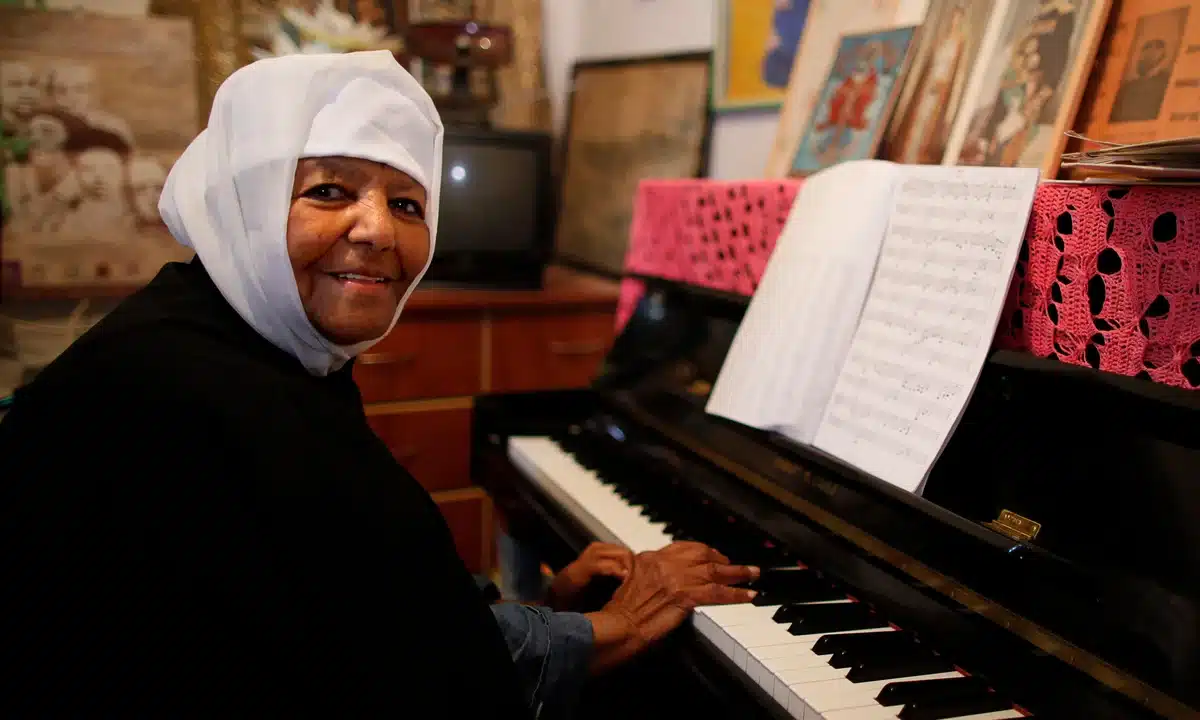Call to cut aid over Ethiopia unrest
Correspondents in London and Addis Ababa
November 05, 2005

BRITAIN’S generous support to the Ethiopian Government drew criticism yesterday as police continued to suppress opposition demonstrations and fears mounted of a new war along its border with Eritrea.
The Tories and the Liberal Democrats said Prime Minister Tony Blair should reconsider Britain’s annual pound stg. 30 million ($71.8million) “no strings attached” budget support for President Meles Zenawi’s regime.
The call followed the fourth consecutive day of violence in Addis Ababa, in which police shot dead at least 10 people.
That brought the death toll in the Ethiopian capital to about 50 civilians.
Adam Melaku, head of the Ethiopian Human Rights Council, said police were rounding up rights activists and members of the opposition Coalition for Unity and Democracy.
“We are very scared,” he said.
The unrest coincided with warnings from the UN about the threat of a new war along the Ethiopian-Eritrean border, which both sides have recently reinforced with troops, armour and air defence missiles.
They fought two inconclusive battles in 1998 and 2000, which cost thousands of lives and millions of dollars.
Western diplomats are concerned that Mr Meles may be tempted to become more bellicose to divert attention from his domestic problems.
The behaviour of his Government has become a deep embarrassment for Mr Blair.
This year he championed Mr Meles, a former Marxist rebel, as one of the “new breed” of African leaders worthy of much greater Western support.
Mr Meles was appointed to Mr Blair’s Commission for Africa, which promotes aid to countries that practise good governance.
“In view of the importance that was attached to good governance at (this year’s) Gleneagles summit, it would be inconsistent if Britain were to go on making substantial payments direct to this Government when unacceptable behaviour is still going on,” said Menzies Campbell, the Liberal Democrats’ spokesman on foreign affairs. “The last thing we want is to find ourselves subsidising aggression.”
Andrew Mitchell, the Conservative spokesman for International Development, also questioned British aid.
“I am deeply disturbed by the recent violence in Addis and the reports of growing tension on the Ethiopia-Eritrea border,” he said. “As long ago as June I pointed out that Meles Zenawi was an extremely unsuitable member of Tony Blair’s Africa Commission, due to his questionable human rights record.
“Britain gave Ethiopia pound stg. 73million in aid in 2003-04, of which pound stg. 45 million was paid direct to the Ethiopian Treasury.”
In June, Britain suspended a pound stg. 20 million increase in aid after 36 students were shot dead in Addis Ababa, and Lord Triesman, Britain’s Minister for Africa, has expressed his “concern and alarm” at the recent events there.
“The use of lethal means, by security forces or by demonstrators, can play no part in a true democracy,” he said.
The US, meanwhile, expressed deep concern yesterday over the rising tension along the Ethiopian-Eritrean border, with the Bush administration urging the east African nations’ governments to resolve differences through the UN. The US State Department was in contact with both governments.















